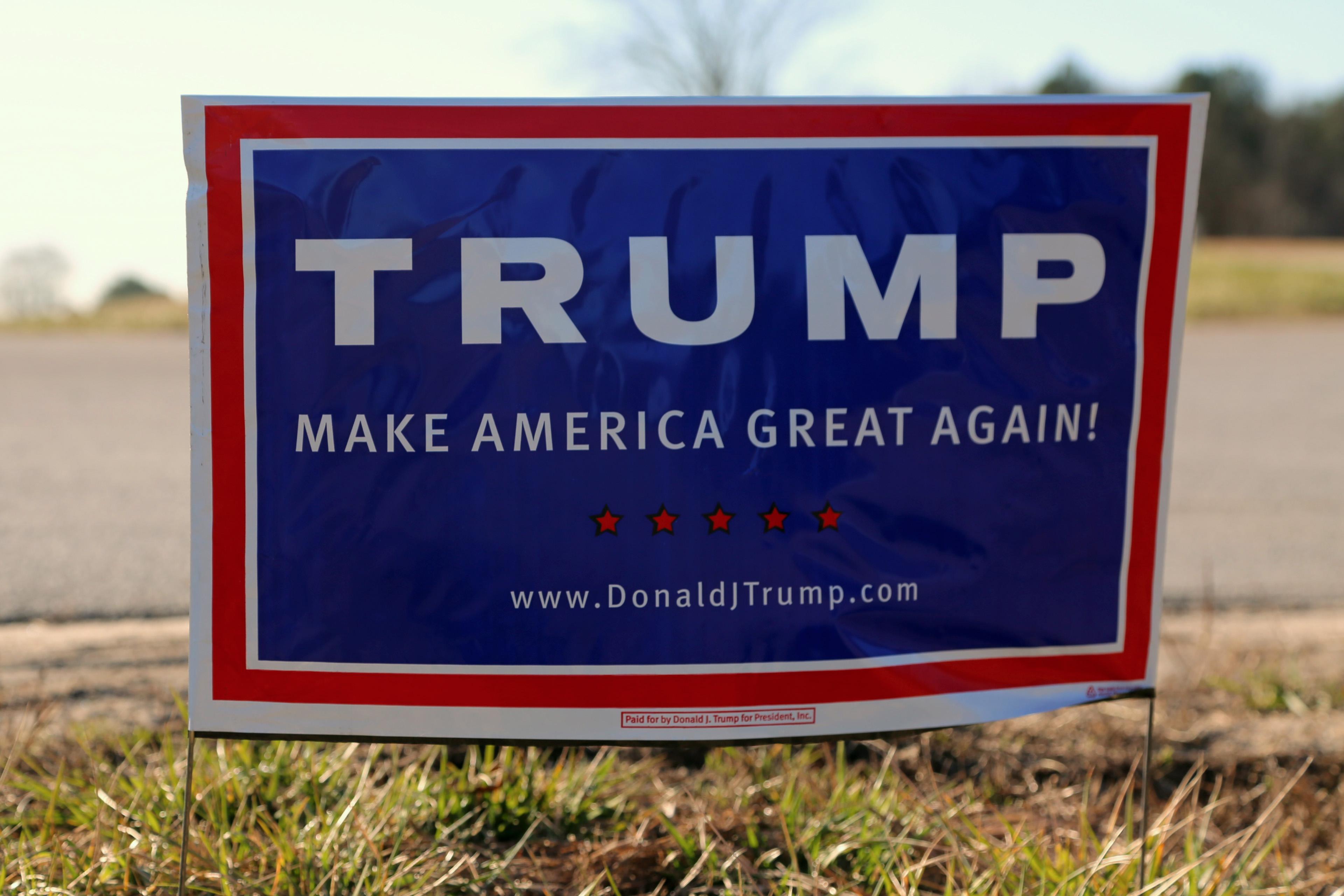
02 Jan Trump, volatility and the stock market
Photo: DodgertonSkillhause/morguefile.comQ. What sectors are expected to do well in 2017, or does the Trump presidency put everything in question?
— Investor
A. Some sectors of the stock market have done well in anticipation of President-elect Donald Trump’s administration, but market watchers say uncertainty is the key phrase in play.
That’s because Trump and his team haven’t given many details about his policies.
Generally speaking, the markets don’t like uncertainty, and the more uncertainty we have, the higher the likelihood of continued volatility, said Charles Pawlik, a certified financial planner with Lassus Wherley in New Providence.
Since the election, that volatility has moved U.S. markets significantly to the upside.
“Investors look to be focusing on President-elect Trump’s comments around tax cuts for both individuals and corporations, infrastructure spending, and deregulation as key positives for the markets,” Pawlik said.
The financial sector has benefited, Pawlik said, and investors believe the sector may continue to benefit from the policies offered by Trump on the campaign trail.
The Dow Jones Industrial Average in particular has performed quite well post-election, due in large part to its weighting in financial stocks such as Goldman Sachs and JPMorgan, which have had sizeable returns following the election, he said.
“The potential for regulation of the financial sector to be rolled back to some extent, along with the expectation for higher interest rates, which can help to boost bank profits, are looked at as positives for the financial sector,” Pawlik said.
Other sectors that may benefit include industrials and basic materials because of Trump’s promise of increased infrastructure spending, Pawlik said.
The energy section may also move higher “given Trump’s preference for traditional energy sources and the potential for looser regulation on the horizon,” Pawlik said.
But there’s a higher degree of uncertainty for other sectors in the coming year.
Healthcare may suffer with Trump’s promise to get rid parts, if not all, of Obamacare.
“This creates a high degree of uncertainty around future health insurance for millions of Americans, and potentially negatively impacts hospitals,” Pawlik said.
He said technology is another sector that may be prone to volatility, in part because of its reliance on international talent and Trump’s anti-immigration and protectionist views, Pawlik said.
Pawlik said it’s important to remember that many factors drive stock prices, and specific sectors move in and out of favor over time.
“Trying to pick specific sectors that may outperform based on policy or other factors may subject you to a higher degree of risk than more broad-based exposure to the U.S. market through a mutual fund or exchange-traded fund (ETF) that tracks the S&P 500,” Pawlik said.
To protect your portfolio, it’s important to invest in a globally-diversified portfolio that includes stock and bond investments both domestically and overseas, Pawlik said.
That kind of strategy can help manage the risk of being too concentrated in a particular market or region at any one time, and help manage the volatility of your investments over the long-term, he said.
Email your questions to .
This post was first published in January 2017.
NJMoneyHelp.com presents certain general financial planning principles and advice, but should never be viewed as a substitute for obtaining advice from a personal professional advisor who understands your unique individual circumstances.
